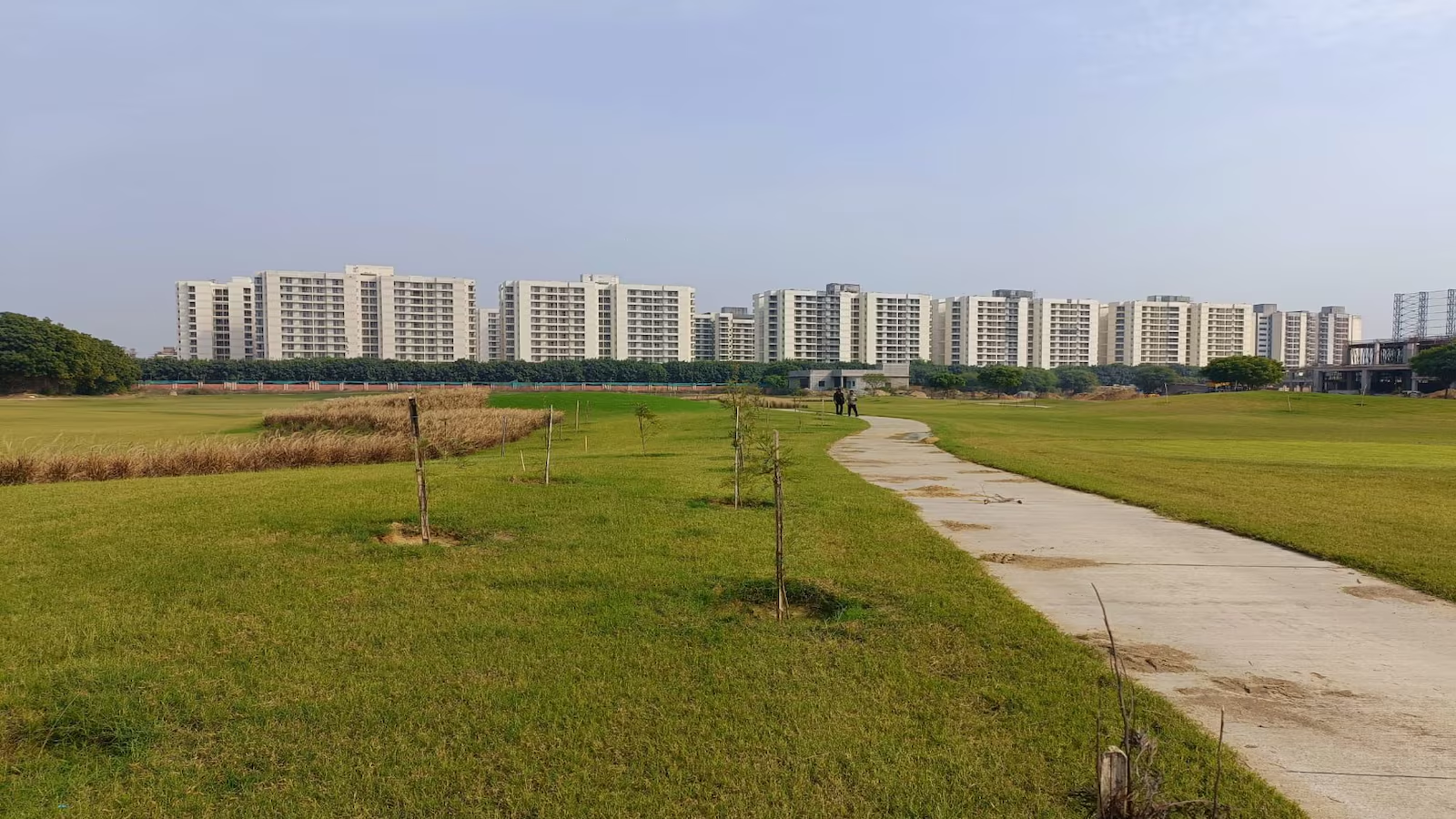Main
CBRE: Market Flash on One year completion of RERA


A year later, RERA implementation remains steady It has been more than a year since the Real Estate Regulatory Act (RERA) came into effect (1 May 2017). It was aimed at ensuring accountability and infusing transparency and uniformity in practices prevalent in the real estate sector by bringing both ongoing and new projects under its purview. One of the critical aspects of the act was the setting up of state-level regulatory authorities with which projects would be registered. The states were also required to put in place online RERA portals which provided the public access to detailed project-level information. The registered projects were required to be updated on a quarterly basis in terms of project progress and sales information.
Implementation so far
The rate of implementation of the act has been slow, but steady. Already 21 states have notified the RERA rules, and 13 have an active online portal. Below is a lowdown of the status of the RERA authority in key states, the number of projects registered and the status of the RERA website:
State Status of RERA authority Projects registered* Status of RERA website
Maharashtra The Maharashtra Real Estate Regulatory Authority (MahaRERA) has four-member primary team consisting of a chairperson, a secretary and two members 16,292 (excludes Dadra and Nagar Haveli & Daman and Diu) The MahaRERA website provides all the required details on the state act’s provisions as well as registered projects and promoters. It enables a visitor to conduct project and location-based search. It also provides additional statistics such as number of registered projects and agents as well as those awaiting approval. The website also provides information on complaints registered, being heard and orders passed
Gujarat The Gujarat Real Estate Regulatory Authority (Guj-RERA) has a five-member primary team consisting of a chairperson, two members, an adjudicating officer and legal adviser, and a secretary 2,664 The Guj-RERA website is similar to that of Maharashtra in terms of the information contained and the search functionalities offered. It also offers judgement documents pertaining to complaints filed with the authority.
Karnataka In the absence of a permanent regulatory authority, the Karnataka government has appointed the principal secretary in the state department of housing as the interim authority. It has also appointed a RERA secretary 1,677 The website enables the public to access all the required information, including projects under investigation. Its search feature is extremely dynamic, and it also has a complaints tracker page.
Uttar Pradesh The Uttar Pradesh Real Estate Regulatory Authority has six members, with the RERA secretary acting as the highest level of authority 769 in Gautam Buddha Nagar and 1,631 in rest of the state (total: 2,400) The UP RERA website is largely functional, although a few pages are still under construction. Not only is the website a repository of necessary information, but it also allows you to search for relevant projects, promoters and agents.
Tamil Nadu The state has yet to appoint a RERA chairperson. As a result, the housing and urban development secretary has been acting as the interim chairman of the authority. In addition, there are two more team members – an appellate authority and a public information officer 480 (280 in 2017 and 200 so far in 2018) The website contains information on registered residential projects and agents until date, along with details of projects whose applications were rejected. It also enables online submission of grievances
Delhi Delhi has appointed the vice-chairman of the Delhi Development Authority as the interim regulatory authority. It has also appointed a director for the authority 8 The website is largely operational and contains all the required information such as registered promoters, projects registered and complaint forum. However, a few pages (such as list of defaulter promoters) are still under construction.
Haryana Haryana has set up a permanent RERA authority and appointed a chairman 400 The website is only partially complete. While it contains details such as the organisational structure and provisions of the act, the search functionality remains unavailable. Moreover, the website does not provide information on registered projects or agents
Andhra Pradesh The government has appointed officer on special duty in the MA and UD department as the temporary member secretary of the Andhra Pradesh RERA. However, no information on the appointment of a chairman is currently available 2 The website is completely functional and even features a graph and dashboard on the number of projects, agents and complaints registered with the authority.
Kerala Kerala was one of the few states which implemented RERA before the central act was notified. However, the new government, which came into power last year, repealed the act citing that it did not protect the interest of the buyers. After the act was repealed, there has not been much progress on the new rules as well as the appointment of an authority NA Although the Kerala RERA has a website, only the home page containing details of the old RERA act and contact information is functional. The remaining pages are still under construction.
Telangana Although the rules have been notified by the government, it has yet to form an authority or appoint a chairperson NA NA
West Bengal The act is still at the discussion stage NA NA
CBRE Research; *Projects registered as on 15 May 2018
Dilutions of the act
While several states are well on the path of implementing RERA, continued dilutions of key provisions of the central act by several states has become a problem area. These dilutions include exempting a majority of under-construction projects from RERA’s purview as well as easing penalties awarded to builders in case they do not comply with the act. As a result, a number of petitions challenging the validity of RERA were filed across various high courts throughout the year. At the behest of the central government in September 2017, the Supreme Court transferred all pending cases to the Bombay High Court to avoid multiplicity on the issue. In December 2017, a ruling by the Bombay High Court upheld the following provisions of RERA:
• RERA provisions will apply to all ongoing projects
• The court dismissed the excessive interest rate argument (in case of completion delays) and ruled that it is fair and imperative to protect homebuyers
However, the high court granted relief to developers on the following points:
• In exceptional circumstances, if the developer fails to deliver, the RERA authority has powers to provide an extension to the project without a penalty
• The RERA appellate tribunal should be headed by a judicial officer; a majority of the tribunal members must also be officers or members of the judiciary
CBRE view
While the implementation of RERA did create disruptions for residential real estate, in the long run, the act has helped greatly in resolving issues related to accountability, transparency and investor confidence. It has also revived end-user sentiment to a certain extent, which is expected to result in a more resilient and end-user-driven demand in the residential segment in the near future. However, this can only be achieved if the act is implemented in its spirit. The ruling by the Bombay High Court is critical as it tries to ensure that states do not dilute the act by making exclusions.
Moreover, RERA’s implementation needs to pick up pace as it could lead to a quicker revival of residential real estate. Already, developers in most states have realised that RERA is now a definite reality. It is now only a matter of time that the remaining states will implement the act, bringing much-needed uniformity and transparency to the Indian real estate sector.
-



 News3 weeks ago
News3 weeks agoKW Delhi 6 Mall Onboards New Brands
-



 News4 weeks ago
News4 weeks agoManasum Senior Living Launches IKIGAI GOA, A Senior Living Community in North Goa, in collaboration with Prescon Homes
-



 News3 weeks ago
News3 weeks agoCommercial Realty Gets Tech Savvy: Fast Construction, Enhanced Convenience
-



 News2 weeks ago
News2 weeks agoGodrej Properties Sells Rs 3k cr+ Homes of Godrej Zenith, Gurugram, within 3 days
-



 News4 weeks ago
News4 weeks agoBridging India Divide: Top 5 Tier- 2 Cities to Focus On
-



 News4 weeks ago
News4 weeks agoMultipoint Connection – A Definite Boon
-





 News3 weeks ago
News3 weeks agoRBI’s Status Quo on Key Policy Rates to Help Maintain the Real Estate Growth Momentum, Say Industry Stalwarts
-



 News1 week ago
News1 week agoOlive Announces Dhruv Kalro as Co-Founder

























